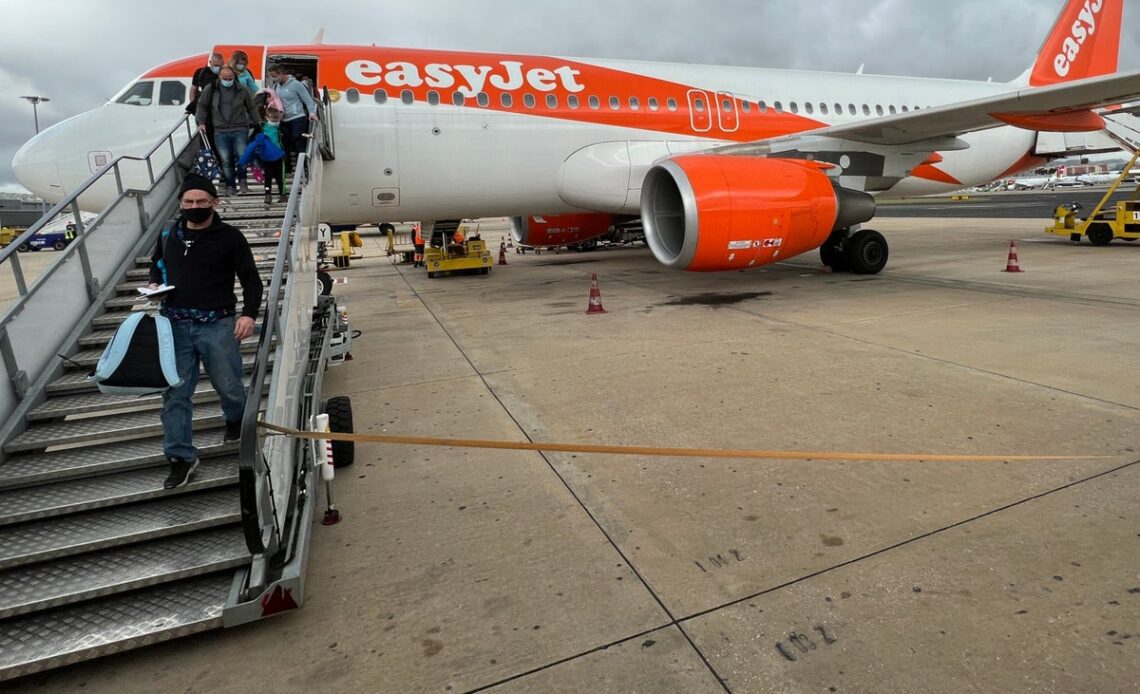After repeatedly misleading customers about their rights, Britain’s biggest budget airline has told The Independent it will contact and compensate travellers who were incorrectly blamed for having out-of-date passports for travel to the European Union.
How can you tell if you were turned away at the departure gate wrongly, by easyJet or any other airline – and what can you claim?
These are the key questions and answers, assembled with the help of a leading consumer lawyer: Gary Rycroft, partner at Joseph A Jones of Lancaster,
What’s the background?
Following the UK’s choice to become “third country nationals” after leaving the EU, two post-Brexit conditions on validity apply to British passports for travel to the European Union:
- Younger than 10 years old on the day you travel to the EU.
- At least three months remaining on the day you intend to leave the EU.
Because some British passports issued before September 2018 were valid for up to 10 years and nine months, many passengers were correctly denied boarding at a UK airport: if their passport had celebrated its 10th birthday, they were ineligible to travel to the European Union.
But many travellers whose passports were issued between nine years and nine months were wrongly turned away.
That was because some airlines, travel agents and holiday companies – as well as the UK government – concocted the possibility that the two passport validity conditions could somehow be linked.
The media made matters worse. One typical newspaper article falsely reported that, for travel to the EU, a British passport “ceases to be valid nine years and nine months after it was issued”. This was nonsense.
There was never any indication that the two passport validity conditions were linked, as The Independent established with the help of the Department of Migration at the European Commission.
Even after The Independent passed all the official correspondence with Brussels to airlines, holiday companies and the UK government, and invited them to make their own checks, some travel firms continued to turn travellers away despite them holding valid documentation.
Eventually easyJet – as well as Ryanair and the UK government – accepted that they had been making up their own rules. At this point, passengers whose holidays were needlessly wrecked could commence claims against companies that had wrongly denied them boarding.
So that’s all good, then?
No, because easyJet then rejected valid claims. The Independent found…
Click Here to Read the Full Original Article at The Independent Travel…
